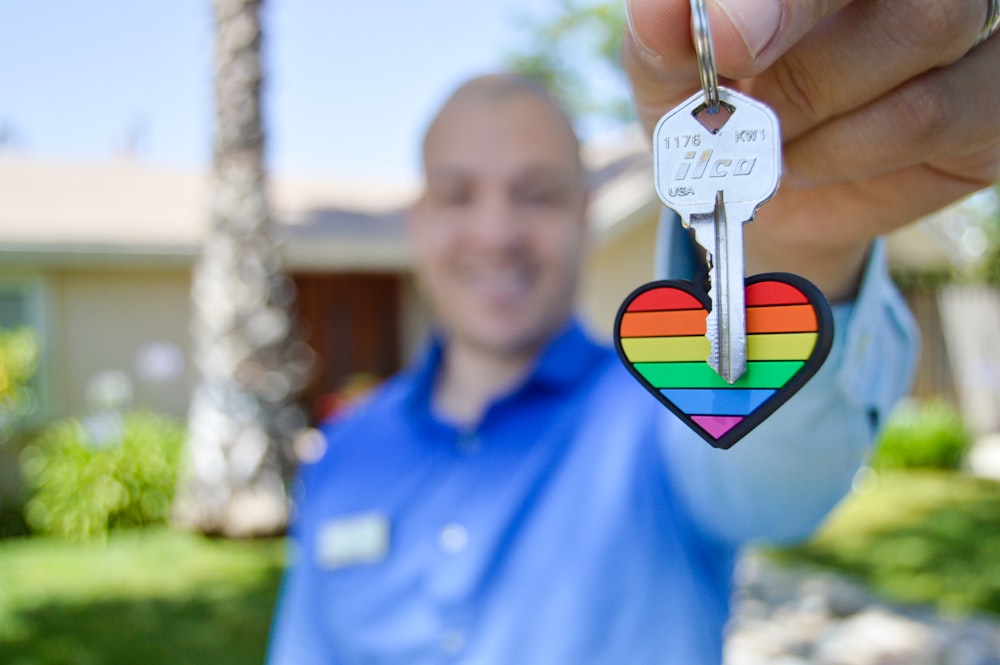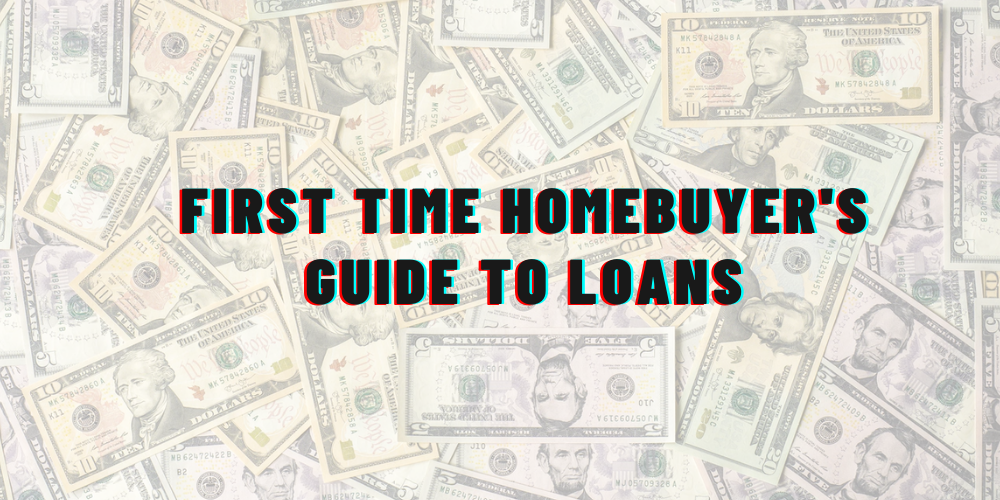5 Tips for New Real Estate Agents
https://www.c4dcrew.com/wp-content/uploads/2021/03/C4D-Post-Design.png 1000 500 Taylor Witt Taylor Witt https://secure.gravatar.com/avatar/c007419611804209e46af7a884e93ad9?s=96&d=mm&r=gYou finally got your license to work as a real estate agent. For many new agents, they entered the industry due to their love for meeting and interacting with new people. If you are a “people person,” there might not be a better career than an agent.
But, be warned. For most real estate agents, the first two years are the most crucial. Even worse, you might get very little interaction with people…despite that being the reason many new agents enter real estate. The reality is that most new agents struggle to find clients and need to find a way to grow their client list to use their people skills.
For this reason, new agents should recognize that the first 24 months in the industry can make or break your career because these are the formative stages where you build habits and patterns that you carry on for the rest of your journey as an agent.
Thus, it is vital that you start your journey off on the right foot; many new agents, unfortunately, believe that this career means easy money, but that’s not entirely true. You have to put in the work, so here are some tips for you to kickstart your real estate journey towards financial success.
Don’t Be Afraid to Spend for Leads
As a new real estate agent, you might have plenty of hesitations when it comes to spending any money yet. After all, you are new to the business, and you might not have much money to spend in the first place. Even spending $20 a month is well worth it; you can sign that $10,000/month Zillow contract down the line!
This applies especially when you’re thinking about leads, which are not guaranteed clients or sales. However, as a real estate agent, one of the first things you have to learn is that all leads are essential.
It’s imperative as a new agent that you get as many “reps” as possible talking with potentially interested buyers and sellers. It almost matters less than if the lead turns into paying customers. What does matter is that you learn how to talk with, and add value to, a lead.
In short, take all the leads that come your way and use them to hone your skills as a real estate agent. Spend money, even if it’s just $20 a month, to get that practice in.
Utilize Your Network
Like most starting entrepreneurs, one of the earliest challenges you will have to face is getting clients first. Although it might be tempting to pour all your money into paid advertising (it’s vital for the practice you’ll receive), at this stage, you’re best off focusing on what we like to call your sphere of influence.
Simply put, your sphere of influence is that close network of relationships that you have a degree of influence over. This includes your friends, families, coworkers, and whomever you are in close touch with. Let them know of your new career venture as a real estate agent and that if they are looking to buy or sell at any time, they can contact you.
The main benefit of starting with your sphere of influence is your relationship with them already establishes an initial layer of trust, making it easy to jumpstart your career with them. However, make sure you practice as much as you can with the paid leads!
Cultivate Relationships
As a real estate agent, you should strive to be more than just a middleman between the buyer and the seller. With that in mind, you should realign your mindset towards cultivating relationships as much as you work for sales.
As a real estate agent, you are in constant communication with your clients throughout a prolonged period, and if you want to work your way up towards the ranks of being one of the top agents in your area, you will do well to be known not just by how much homes you sell, but by how trustworthy and reliable you are in the eyes of your clients.
Trustworthy, reliable agents start to get referral clients. Middleman agents do not.
Keep Learning
The journey towards success as a real estate agent is an ongoing one. You don’t stop becoming a student once you receive your license; in fact, real learning only begins once you start communicating with and working for clients.
The industry’s best agents didn’t get to where they are just by increasing the number of their sales. They got there because they constantly worked on their craft, treating every step as a learning process.
Throughout your career, you will hit slumps that will force you to reassess your strategies even though those same strategies have brought you success for years. Most real estate agents fail because they stubbornly stick to the systems they have grown accustomed to, even though those systems no longer brought them the expected success.
On the other hand, the top real estate agents are the ones who consistently reevaluated their approaches and applied whatever new knowledge they gained to their careers. No matter how long they have been in the industry, they are still changing and adapting.
Revenue-Generating Tasks
As a realtor, there is much potential competition for your time. In any one day, agents can be closing new leads, following up with past leads, working with existing clients, communicating with other agents, and the formal paperwork associated with an offer.
All of those tasks are revenue-generating and should be done by you as the agent.
However, there are plenty of daily tasks that can absorb your time that does not generate revenue. Transaction coordination, the dozens of tasks that must be completed between a signed PSA & closing, is one of those non-revenue generating time sucks.
That’s why more and more agents are outsourcing transaction coordination to a company like Close Concierge. That way, agents can instead spend their time with clients instead of spending ~15 hours per transaction on administrative tasks like scheduling inspections and documenting receipt of earnest money.
As a real estate agent, you will find yourself needing to be in multiple places at once, so efficiency is critical. Cultivate a mindset of efficiency, and investing in efficiency, while you’re still starting means building a solid foundation within your business. That way, when your business eventually grows, you won’t find yourself swamped with deadlines from all over the place.








